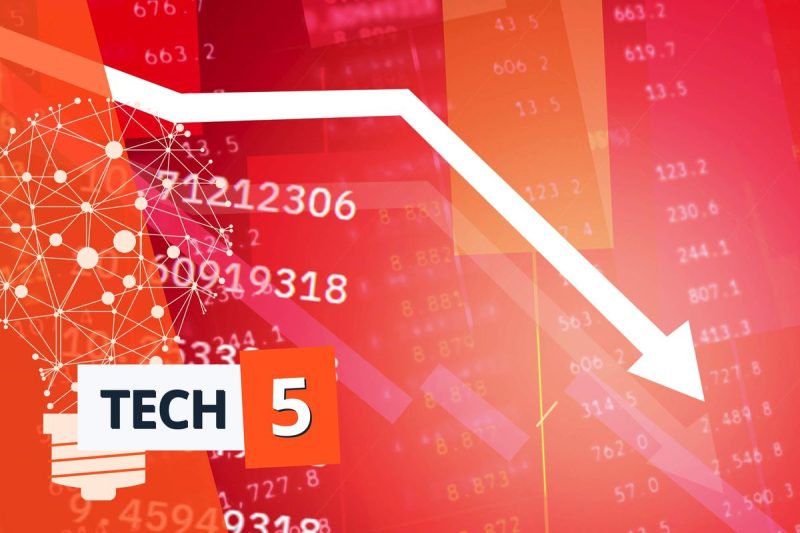In recent times, the global economic landscape has been marred by uncertainties due to various factors, and the tech sector has been particularly vulnerable to these fluctuations. The tech industry, often hailed for its resilience and innovation, has faced its fair share of challenges that have led to widespread panic selling and a subsequent selloff frenzy. Let’s delve into five key recession fears that have propelled panic selling within the tech sector.
1. **Global Economic Slowdown**: Amidst trade tensions, geopolitical uncertainties, and the ongoing COVID-19 pandemic, the global economy has experienced a significant slowdown. This economic instability has directly impacted the tech sector, as companies grapple with supply chain disruptions, reduced consumer spending, and overall market volatility. Investors, fearing a prolonged recession, have reacted impulsively by selling off their tech stocks, leading to a domino effect across the industry.
2. **Regulatory Concerns**: The tech industry has come under increased scrutiny from regulators worldwide, with concerns over data privacy, antitrust practices, and market dominance. Regulatory challenges, such as the recent antitrust investigations into major tech companies, have heightened uncertainty among investors. The prospect of stricter regulations and potential fines have fueled fears of decreased profitability and hindered growth prospects, prompting many investors to offload their tech holdings.
3. **Interest Rate Hikes**: Central banks’ decisions to raise interest rates to combat inflation or stimulate economic growth have a direct impact on the tech sector. Rising interest rates increase borrowing costs for tech companies, affecting their profitability and stock valuations. Investors often perceive higher interest rates as a signal of economic uncertainty, prompting them to reallocate their investments away from tech stocks towards safer assets. This shift in investor sentiment exacerbates panic selling and triggers a tech selloff.
4. **Tech Bubble Speculations**: The tech sector has been subject to periodic discussions about potential bubbles, driven by skyrocketing valuations, excessive hype, and rapid market fluctuations. These speculative bubbles create an environment of heightened risk and uncertainty, as investors fear a market correction that could burst the bubble and lead to substantial losses. When recession fears intensify, concerns about overvalued tech stocks become more pronounced, spurring panic selling as investors rush to cut their losses and exit volatile positions.
5. **Cybersecurity Threats**: In an increasingly digital world, cybersecurity threats have become a pressing concern for tech companies and investors alike. High-profile data breaches, ransomware attacks, and cyber vulnerabilities pose significant risks to tech firms, leading to financial losses, reputational damage, and potential legal liabilities. As the frequency and sophistication of cyber threats continue to rise, investors perceive heightened cybersecurity risks as a signal of instability within the tech sector, prompting them to divest from vulnerable companies and trigger a tech selloff.
In conclusion, the tech sector’s vulnerability to recession fears is a complex interplay of economic, regulatory, financial, and cybersecurity challenges that have led to panic selling and a subsequent selloff frenzy. Investors need to stay informed, exercise caution, and adopt a long-term perspective amidst market uncertainties to navigate these turbulent times successfully in the ever-evolving tech landscape.

